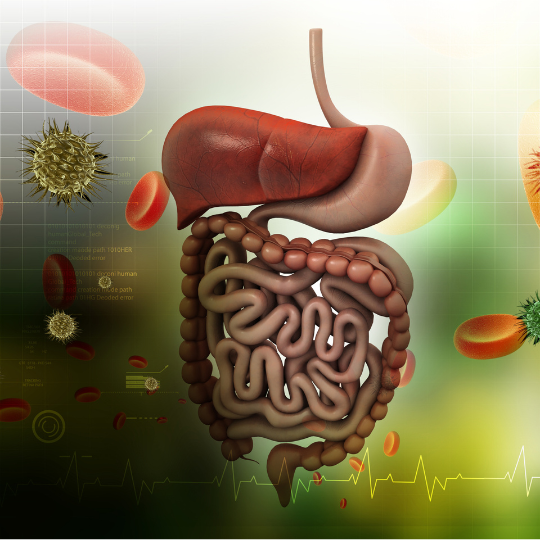Gluten is a protein found in wheat, barley, and rye that can cause digestive problems for some people. It has been linked to a range of conditions, including leaky gut, irritable bowel syndrome (IBS), inflammatory bowel disease (IBD), gluten intolerance, and celiac disease.
Adding gluten to the histamine fire
Zonulin is another protein that regulates the permeability of tight junctions, which are the connections between cells in the lining of the intestine. It correlates very highly with a combination of increased gluten and histamine in the body, so whenever gluten issues tailgate histamine issues, zonulin usually ensues. When zonulin levels become elevated, the tight junctions become less tight, leading to a leaky gut. This can allow undigested food particles, toxins, and bacteria to pass through the intestinal lining and into the bloodstream, triggering inflammation and an immune response.
Wheatout Gluten a.k.a. Gluten Free: from Crohn’s Disease to Celiac Disease
There is a host of gut related conditions, but first things first: what is gluten intolerance? Gluten intolerance is a condition in which the body reacts to gluten with symptoms such as abdominal pain, bloating, and diarrhea. It is not as severe as celiac disease, which is an autoimmune disorder in which the immune system ends up attacking the small intestine in response to gluten. As oppose to those intolerant to gluten, people with celiac disease must follow a strict gluten-free diet to manage their symptoms and prevent damage to the small intestine.

Two gut related conditions usually intertwined are IBS and IBD:
- IBS is a common digestive disorder characterized by abdominal pain, bloating, and changes in bowel movements. It is thought to be caused by a combination of factors, including diet, stress, and an imbalance of bacteria in the gut. Some research suggests that gluten may be a trigger for IBS in some people.
- IBD is a group of chronic inflammatory conditions that affect the digestive system. The two main types of IBD are Crohn’s disease and ulcerative colitis. Both conditions are thought to be caused by an abnormal immune response to the bacteria in the gut. Some research suggests that gluten may contribute to the development of IBD, particularly in people with genetic predispositions.

While being some of the most prevalent intestinal conditions, IBS and IBD usually come packaged with other intestinal conditions, such as various types of malabsorptions, colitis, polyps or SIBO (Small Intestine Bacterial Overgrowth). So usually the most successful approach is to go after repairing the whole system functionally, than to address symptomatology piecemeal. And as general as it sounds, the ideal approach just needs to repair the gut, as well as any likely microbiome issues. It’s that simple; or not, actually.
Gluten Genetics
The classic genetic markers of gluten sensitivity, intolerance or full blown Celiac disease are HLA and KIAA1109. The HLA gene specifically codes for a protein involved in the immune system response. Certain variations of the HLA gene have been linked to an increased risk of developing celiac disease. KIAA1109, on the other hand, has been linked to an increased risk of IBD and gluten intolerance. If gluten genetics add to some existing histamine breakdown SNPs, such as DAO, MAOA or HNMT as mentioned in our previous article, then zonulin is almost a given and ensuing conditions mentioned above become a real possibility.
To address genetic predispositions to gluten and zonulin-triggered inflammation, but especially if one has celiac disease or a gluten intolerance, following a gluten-free diet is key. This means primarily avoiding foods that contain wheat, barley, and rye. In addition to dietary changes, stress management techniques such as meditation and yoga can be helpful in reducing inflammation.

In terms of possible supplements, probiotics, which are live microorganisms that can help to restore balance to the gut microbiome, have been shown to be beneficial for people with IBD and other digestive disorders. Other supplements that may be helpful include the classic omega-3 fatty acids, which have anti-inflammatory properties, and antioxidants such as vitamin C and E.
Sorting out any gluten related issues may be the first step you undertake in your health optimization journey. However, it should not end here. Take a look at our genetic and metabolic optimization approach to learn more about our expertise.











